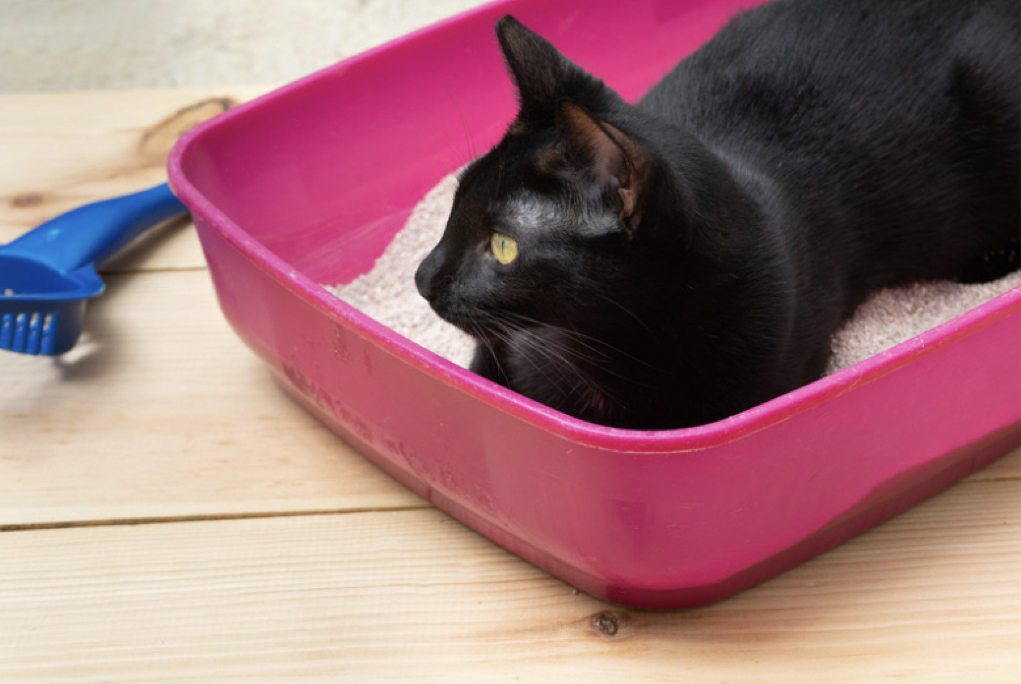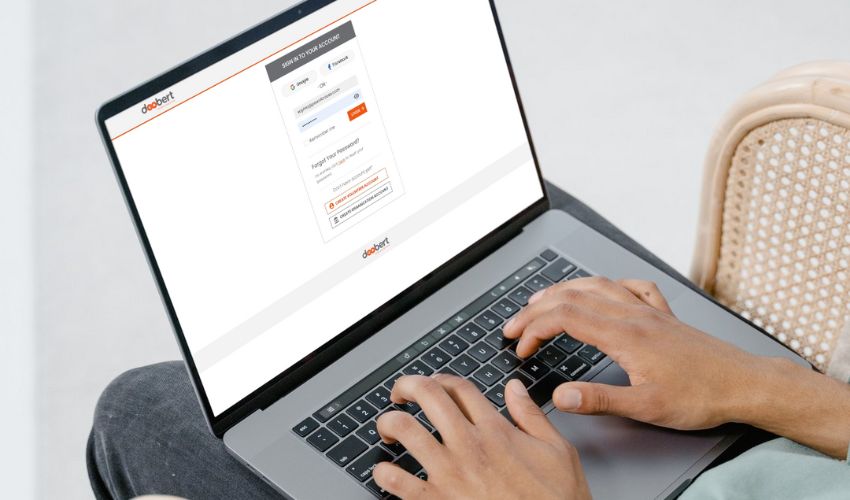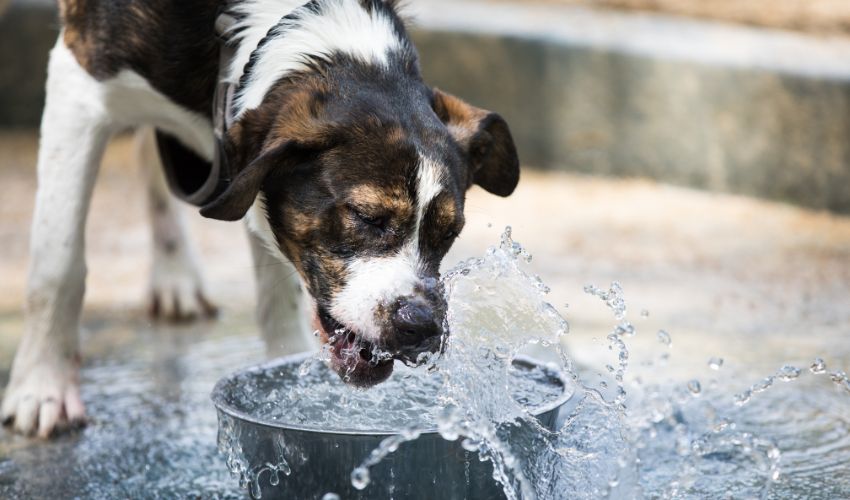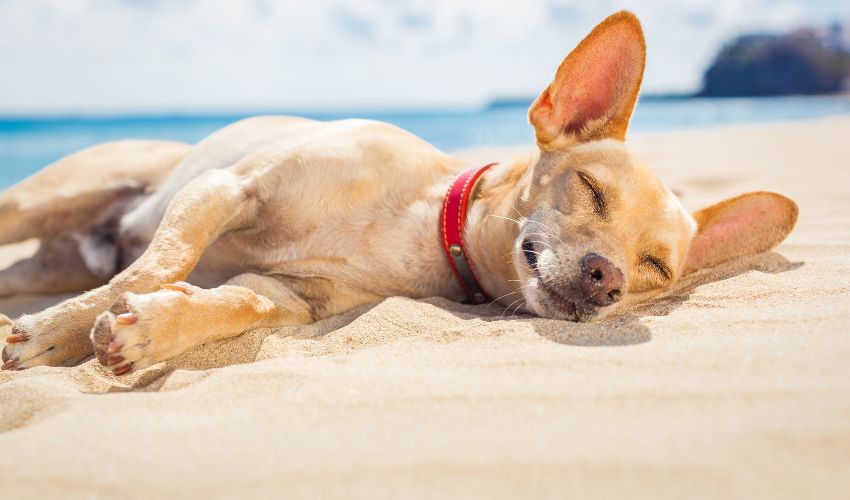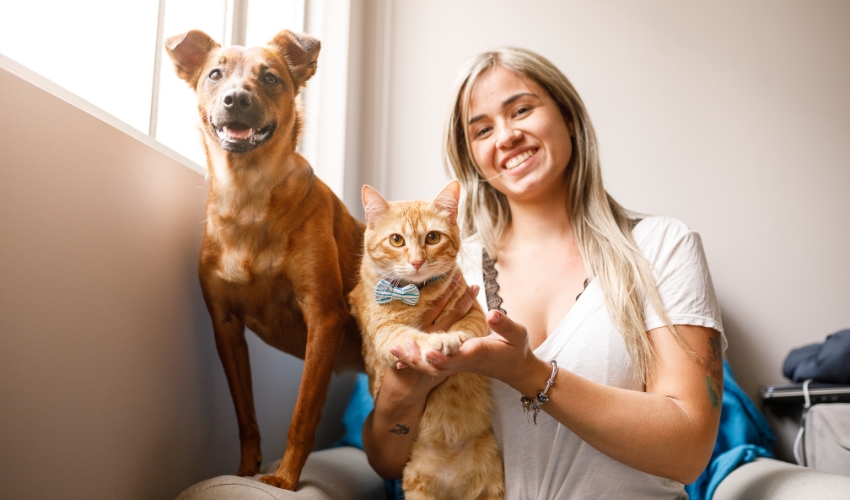What is Cat Constipation?
According to PetMd, constipation is defined as the infrequent or difficulty in passing poop. This may mean hard stool; large, uncomfortable pellets; or no production of poop at all. And unfortunately, this is a common problem in domestic cats which can be caused by a lot of factors. While occasional episodes of constipation may not be something to be worried about, chronic or severe constipation can pose serious health risks to your feline friends. That is why it is important that you know the signs of cat constipation so you know how to prevent and keep your feline friends healthy.
What Are The Signs of Cat Constipation?
- Little to no fecal production while attempting to poop
- Frequent visits to the litter box
- Vomiting
- Decreased appetite
- Abdominal pain
- Decreased energy
- Decreased interest in interacting with family
- Pain or vocalization when pooping
- Straining to defecate (hunched posture trying to poop)
- Production of small, hard, dry feces
- Walking stiffly
- Swollen belly
What Are The Causes of Cat Constipation?
- Dry cat food – Cats that eat processed dry food and don’t drink enough water can eventually become dehydrated and would result in constipation. To ensure cats are adequately hydrated, they should consume plenty of water within their food
- Anxiety or stress – Stress and anxiety can also affect your feline buddies, and it’s their digestive tract that’s usually affected.
- Excessive grooming – Excessive grooming can lead to getting a huge amount of fur being stuck in a cat’s intestine. Cats who frequently get hairballs are more likely to become constipated because excessive fur can mat and obstruct bowel movements.
- Kidney issues – Kidney diseases draw water from the body. This can make your cat dehydrated, making stool difficult to pass.
- Feline megacolon – Megacolon occurs when the colon’s muscles weaken and can’t move stool out of the colon.
- Inflammatory bowel disease – Cats can have IBD too. Older cats, obese cats, and cats with inflammatory bowel disease are more likely to develop constipation
Home Remedies For Cat Constipation
- Keep Your Kitty Hydrated – Is your little kitty getting the right amount of hydration that they need? Dehydration can lead to constipation. You can try feeding your cat wet food or providing fresh water at all times.
- Increase Exercise and Activity – Keeping your kitty active can help prevent constipation. You can try playing with toys like feather wands, laser lights, puzzle feeders, and more.
- Maintain a Healthy Diet – Give your feline friend the right diet to keep their tummy healthy. You can try fiber-rich foods (e.g., carrots, pumpkin, flaxseed), canned pumpkin, or probiotics. In addition, obesity can cause intestinal inflammation, which causes things to slow down in the intestines which can result in constipation.
- Minimize Stress and Anxiety – Changes in your cat’s environment can cause stress and constipation. You can try brushing your cat regularly to reduce hairballs.
When Should You Be Worried?
Although constipation is common in domesticated cats, you should still keep an eye out on their bowel movement. If your feline friend hasn’t had any bowel movement for more than 48 to 72 hours you should contact your vet. Constipation can be a sign of a serious health condition such as kidney disease, diabetes, hyperthyroidism, inflammatory bowel disease, allergies, nerve problems, or cancer.
Monitor Your Cat’s Bowel Movement
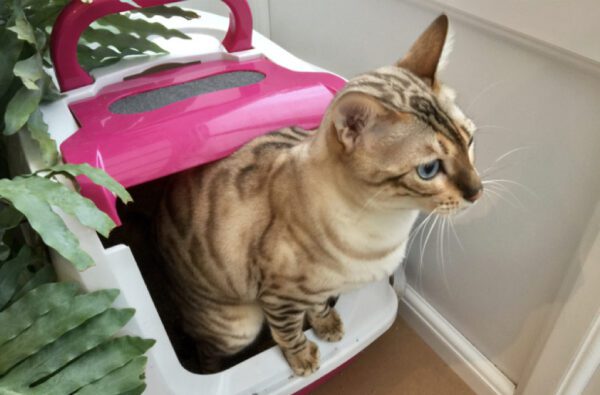

As funny as this may sound, part of being a responsible pet owner today is monitoring your pet’s bowel movement. For pet cat owners, you can track the frequency of your cat’s litter box deposits and stool consistency. Is your cat straining while trying to poop? Does it seem like they’re in pain while trying to poop? Are you seeing separate, small, dry, and hard feces? These could be signs of constipation.
Medical Treatment for Cat Constipation
If your pet cat shows continuous signs of constipation, it is important that you get your feline friend checked by your veterinarian. Constipation must be treated as soon as possible to decrease the risk of permanent damage as a result of prolonged distension of the colon.
To treat cat constipation, it is important to determine the underlying cause. Once the underlying cause is identified, your vet will correct it, if possible. If there are any impacted feces, it should be removed. To do this, your vet may need to order some diagnostic tests such as blood work, X-ray, or ultrasound. Fluids and enema may be given to provide relief to your pet cat. Lastly, prescribed medications may be given if needed.
If your pet cat has been suffering from chronic constipation and is not responding to medical treatments, your fur baby may have to undergo a surgery.
What is Obstipation?
Obstipation is a severe form of constipation. It’s characterized by the inability to pass stool or gas, acute abdominal pain, and prolonged retention of hard and dry feces. According to Metropolitan Veterinary Associates, obstipation can cause impaction of the entire length of the colon and lead to permanent damage if present for a substantial amount of time.
Our feline buddies may seem to have an independent personality and would sometimes make you feel that they want you to leave them alone but, they love us just as much as we love them! Never ignore signs that your pet cat might be in pain. Observe their usual behavior and if something seems off try to monitor them. It is always important to catch the signs early to prevent any bad progression.

